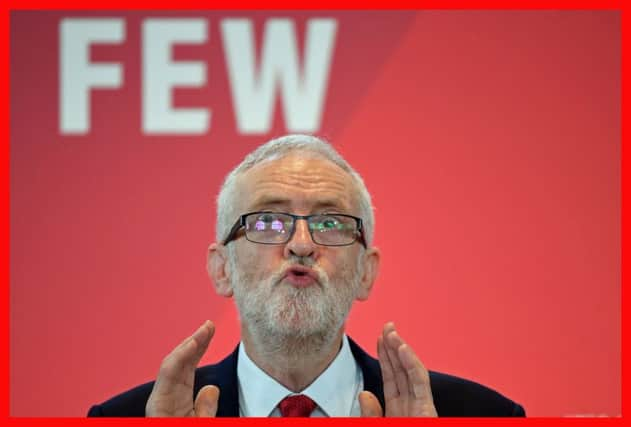Labour cannot simply ignore electoral reality – leader comment


Following Labour’s General Election defeat, the contest to be the next leader of the party may be viewed by those who are not actually members as a bit of a sideshow.
Whoever takes over from Jeremy Corbyn may not get a chance to oust Boris Johnson for five years and, if they perform badly, they could be replaced before the next election. However, while we could all perhaps do with a bit of a break from heated political debate, this one matters – and not just for Labour.
Advertisement
Hide AdAdvertisement
Hide AdIf Boris Johnson’s government is to be held to account, the Opposition needs to have a strong, coherent message of the big issues of the day and one that chimes with significant numbers of people in Britain.
If Labour presses on with Corbyn’s approach, it risks becoming mired in the infighting that bedevilled the party during his leadership. The Labour left could win the battle for the soul of the party, but driving out moderate MPs has another effect – driving away moderate Labour voters.
Corbyn’s politics clearly appeal to Labour members, but they must realise that there is not enough support among the wider electorate to make the party a serious threat to the Conservatives. Corbyn fought two elections and lost them both. Without an effective Opposition, Johnson and co will effectively have a free hand to act as they wish. If they fear Labour, this will act as a check on their power.
Johnson’s aide Dominic Cummings may believe the Government can act without the need to “worry about short-term unpopularity” because of the size of its majority, but hubris in the aftermath of such a victory is only to be expected. The UK Government may run into trouble if Brexit damages the economy as expected and Leavers find themselves disappointed with the reality of life outside the EU.
The opinion of Scotland’s sole remaining Labour MP Ian Murray that the party must broaden its appeal to become “a credible alternative government of the future, not a protest movement of the past” seems almost self-evidently true, but shadow business secretary and leadership contender Rebecca Long-Bailey has vowed to continue in a similar vein as a “proud socialist”.
Pride before a fall is a mistake, pride after one smacks of a deliberate decision to ignore reality, in this case about the views of the electorate, and puts Labour on course to stumble for a third time.